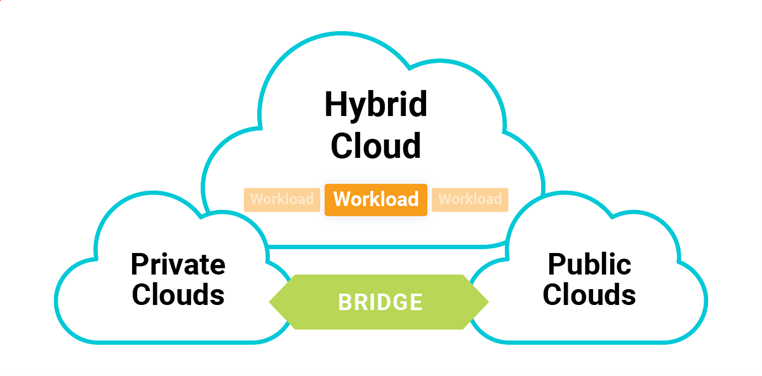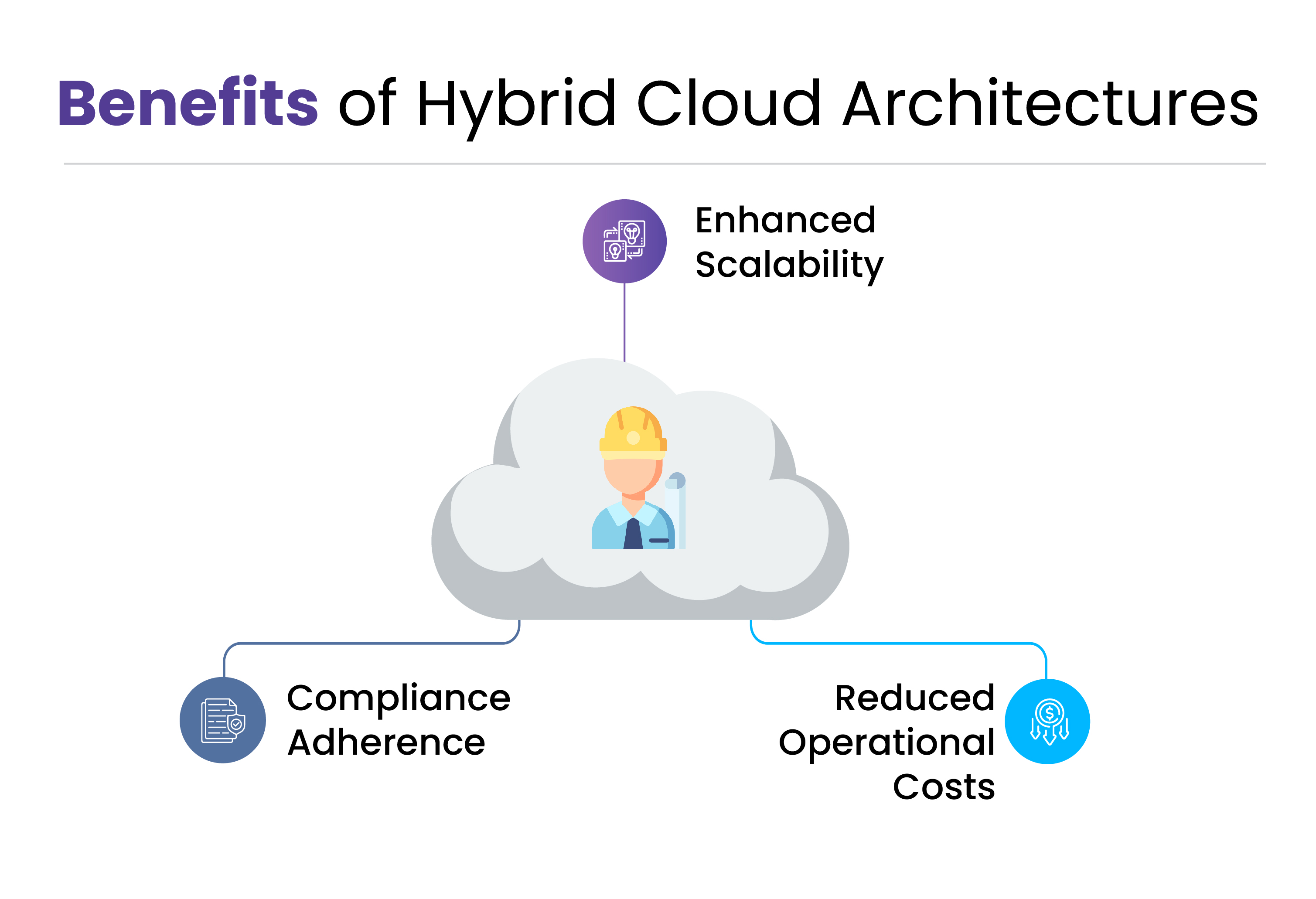Portland Accounting IT Solutions: Benefits of IT Management for CPAs
Proactive IT management is a strategic approach that anticipates and addresses potential issues in IT infrastructure before they escalate into...

The way legal firms use technology is changing fast. Many have already introduced public cloud tools to enhance everyday communication and collaboration. At the same time, private systems remain essential for handling confidential casework and client data.
More firms are now transitioning to hybrid cloud setups, combining the benefits of both models in a way that proves to be more reliable and better suited to their needs.
This shift is now playing a major role in shaping legal technology trends. It enables firms to scale when needed, strengthen security measures, and stay compliant with industry regulations, all while maintaining responsive and performant systems.
Key takeaways
|
The Rise of Hybrid Cloud in Legal

Cloud use within the legal industry has seen a sharp rise in recent years. Data from the 2024 ABA Legal Technology Survey shows that nearly 75% of attorneys now rely on cloud-based platforms to support their work. Among solo practitioners, adoption has reached roughly 65%, while mid-sized firms with 50 to 99 lawyers report rates exceeding 94%.
In the early stages, firms primarily relied on basic tools such as Dropbox, Microsoft 365, and Google Drive. However, the focus is shifting. 82% of global enterprises are embracing hybrid cloud strategies.
The move reflects a growing demand for systems that offer both data control and the flexibility needed to support new technologies and evolving client expectations.

Across the legal industry, firms are beginning to reassess the role technology plays in supporting secure, efficient operations. As demands around data privacy, client expectations, and innovation grow, the hybrid cloud is emerging as a smart solution.
Security remains one of the most critical priorities for legal teams, especially as firms adopt more digital tools and workflows. Hybrid cloud gives you the flexibility to:
To support compliance, hybrid environments typically include:
In an industry where one in 31 firms faced ransomware incidents in 2023, having a secure hybrid setup is part of a smarter, more sustainable response to ongoing risks.
Legal workloads can vary significantly depending on the season, caseload, or regulatory pressure. Hybrid cloud gives your firm the ability to:
Financially, this model supports:
These financial and operational benefits have positioned hybrid cloud as a smart move within current legal technology trends.
Unexpected disruptions can stall critical legal work. The hybrid cloud offers built-in protection through:
Legal professionals now expect secure access to systems from any location. Hybrid cloud makes this possible by:
This model ensures your team can work securely, whether in the office or remotely.
Artificial intelligence is reshaping how legal teams handle research, review, and documentation. Hybrid cloud supports this shift by:
According to a 2024 report from Thomson Reuters:
Hybrid cloud is already being put to work by legal teams in practical, results-driven ways. These examples demonstrate how hybrid cloud is enabling firms to solve everyday challenges more effectively.
Managing large volumes of case-related documents can be a challenging task. With a hybrid cloud setup, sensitive files are safely stored within a private environment, while advanced search, tagging, and review functions run in the cloud. This setup speeds up the discovery process while keeping confidential data protected
Confidential agreements and core templates stay within your secure, internal systems. Meanwhile, tools that help with reviewing, editing, and tracking contracts can operate from the cloud. This helps legal teams move quickly without compromising on data integrity
Legal teams can handle drafting and negotiation internally, while clients or external partners view and comment on documents through a cloud-hosted platform. This setup allows everyone to stay connected and informed without giving up control over sensitive materials
During busy periods, such as major litigation or compliance reviews, additional computing resources can be pulled from the public cloud to manage the spike. Once the work slows down, these resources can be scaled back, allowing firms to operate efficiently without investing in extra hardware
Cloud-based AI tools can automate tasks such as legal research and document drafting, thereby reducing the time spent on repetitive work. At the same time, private systems help ensure that sensitive case information is stored securely and handled in a way that meets regulatory standards
Adopting a hybrid cloud strategy brings clear advantages, but it’s not without its challenges. Legal teams often encounter several common obstacles during implementation.
The good news is that these issues can be addressed with the right approach:
With growing concerns around data privacy, regulatory compliance, and client confidence, firms need infrastructure that offers both flexibility and control. Hybrid cloud delivers on that need, offering the best of both public and private environments without compromising on performance or security.
This approach enables your firm to handle increasing workloads, support secure collaboration across teams and locations, and prepare for AI integration. It’s a smarter way to build a more responsive and future-ready IT foundation.
With the right strategy and support, your transition can be efficient, secure, and tailored to the specific needs of your legal practice. Heroic Technologies specializes in building hybrid cloud solutions that help law firms like yours operate with greater confidence, agility, and long-term value.
Get in touch today to explore how hybrid cloud can work for your firm.
Proactive IT management is a strategic approach that anticipates and addresses potential issues in IT infrastructure before they escalate into...

Remember when a simple password felt like enough to guard your digital kingdom? Those days are long gone. Industry research, including Verizon’s Data...

Picture this: It’s 2:00 PM on a Tuesday. You’ve just finished a heavy lunch, and now you’re sitting in a dimly lit conference room, or worse, staring...
Law firms are faced with the decision of whether to outsource their IT needs to a managed service provider or maintain an in-house IT department....
IT is a vital function for any enterprise. It provides the necessary infrastructure, data, and services to ensure operational success. It manages...

From case management software to secure client communication systems, law firms rely heavily on IT infrastructure to operate efficiently and...